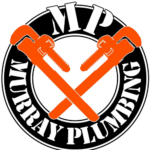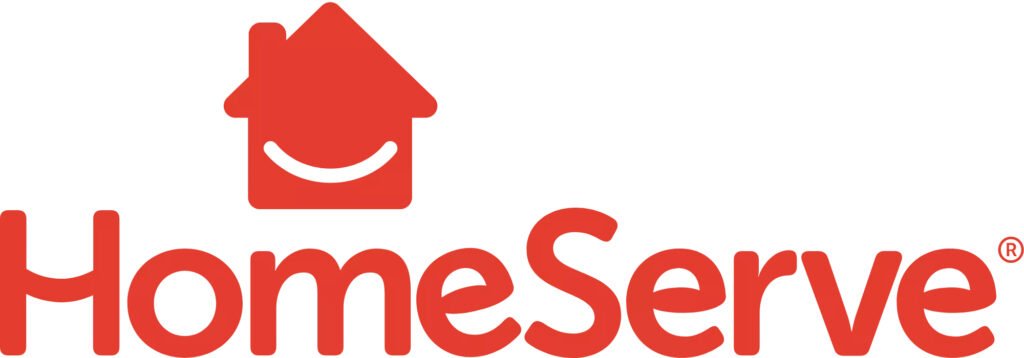About the Author:
Greetings, I’m Chris Murray, a seasoned plumber dedicated to ensuring the optimal functionality of plumbing systems, especially during the challenging winter months. With years of experience serving the residents of Middletown, PA, I understand the importance of winter plumbing preparations in safeguarding homes against cold weather damage. In this blog post, I’ll share valuable insights and practical tips to help you protect your plumbing system during the winter season.
As a plumber serving the community of Middletown, PA, I’ve witnessed firsthand the havoc that winter weather can wreak on plumbing systems. Frozen pipes, burst fittings, and water damage are all too common during the colder months. However, with proper winter plumbing preparations, you can minimize the risk of costly repairs and ensure uninterrupted access to water throughout the season. Click here
Understanding the Risks of Cold Weather Plumbing
Before diving into the tips for winter plumbing maintenance, it’s essential to understand the potential risks associated with cold weather. When temperatures drop below freezing, water inside pipes can freeze and expand, causing pipes to burst and leading to extensive water damage. Additionally, frozen pipes can disrupt water flow, leaving you without access to essential utilities until the issue is resolved.
Winter Plumbing Preparations
- Insulate Exposed Pipes: One of the most effective ways to prevent frozen pipes is to insulate pipes located in unheated areas of your home, such as basements, crawl spaces, and attics. Use foam pipe insulation or heat tape to wrap exposed pipes and protect them from freezing temperatures.
- Seal Cracks and Gaps: Cold air drafts can exacerbate the risk of frozen pipes, so it’s crucial to seal cracks and gaps in your home’s exterior to prevent cold air from infiltrating. Use caulk or weatherstripping to seal gaps around windows, doors, and foundation vents.
- Keep Interior Spaces Warm: Maintaining a consistent temperature inside your home is essential for preventing frozen pipes. During cold spells, keep your thermostat set to a consistent temperature, even when you’re away from home, to ensure that interior spaces remain warm enough to prevent freezing.
- Allow Faucets to Drip: Allowing faucets to drip slowly can help prevent pipes from freezing by relieving pressure inside the plumbing system. Even a small trickle of water can make a significant difference in preventing frozen pipes, especially during extreme cold snaps.
- Disconnect and Drain Outdoor Hoses: Before the first freeze of the season, be sure to disconnect and drain outdoor hoses to prevent water from freezing inside the hoses and causing damage. Store hoses indoors or in a sheltered area to protect them from the elements.
Winter Plumbing Safety Measures
In addition to taking proactive steps to prevent frozen pipes, it’s essential to prioritize winter plumbing safety to avoid accidents and injuries. Here are some safety measures to keep in mind:
- Use Caution When Thawing Pipes: If you discover a frozen pipe, never use an open flame or high-heat source to thaw it. Instead, use a hairdryer, heat lamp, or electric heating pad to apply gentle heat to the affected area until water begins to flow again.
- Know How to Shut Off Water: In the event of a burst pipe or other plumbing emergency, it’s crucial to know how to shut off the main water supply to your home. Locate the main water shutoff valve and make sure all household members know how to turn it off in an emergency.
- Protect Outdoor Fixtures: Outdoor plumbing fixtures such as spigots and irrigation systems are especially vulnerable to freezing temperatures. Before the onset of winter, be sure to shut off and drain outdoor fixtures to prevent damage.
Conclusion
In conclusion, winter plumbing preparations are essential for protecting your home against the damaging effects of cold weather. By following these cold weather plumbing tips, residents of Middletown, PA, can safeguard their plumbing systems and minimize the risk of frozen pipes and other winter-related issues. Remember, prevention is key when it comes to winter plumbing maintenance, so take proactive steps to insulate pipes, seal drafts, and keep your home warm and comfortable throughout the season. Get Informed
If you’re unsure how to prepare your plumbing system for winter or need assistance with winterizing your home, don’t hesitate to reach out to a qualified plumber for expert guidance and support. Together, we can ensure that your plumbing system remains in top condition, even in the coldest months of the year.



